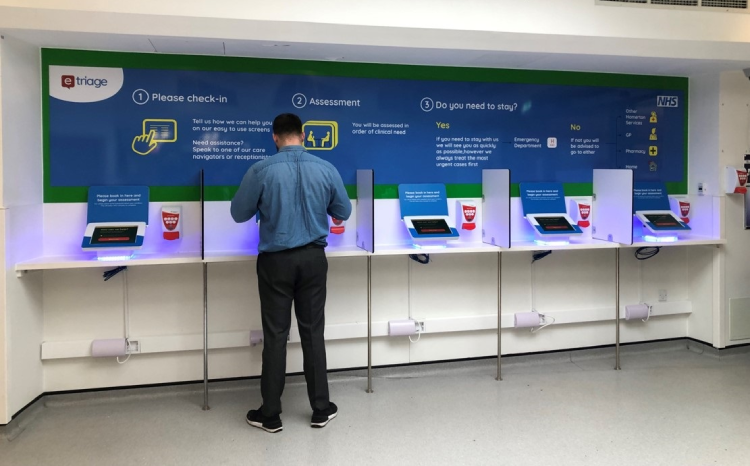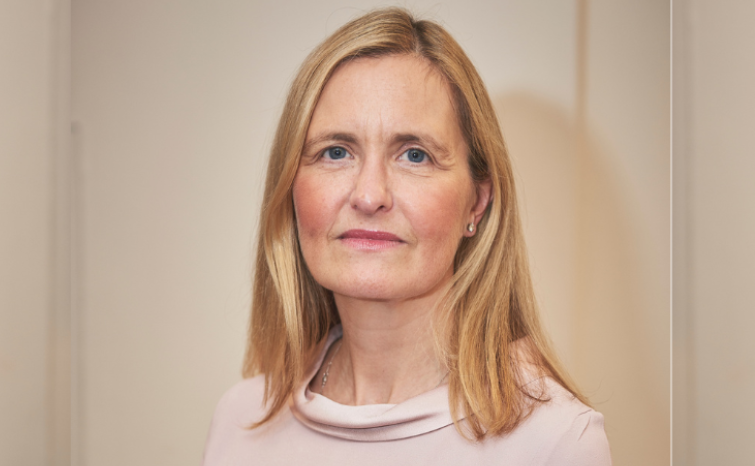Only 15% of healthcare apps meet safety standards, research reveals

Only 15% of healthcare apps meet minimum safety standards, highlighting a “desperate need” for a proper review process, new research has concluded.
Health app evaluation organisation ORCHA evaluated more than 5,000 apps against 260 performance and compliance factors and found that majority do not meet the minimum safety requirements.
Most notably, 75% of apps aimed at people with blood pressure concerns and 85% of femtech and pregnancy apps do not meet ORCHA’s quality threshold.
Liz Ashall-Payne, ORCHA’s chief executive, said: “We believe that digital health apps are one of the most important tools available to help tackle health issues in an ageing population that’s facing more complex, long-term problems.
“The fact that only 15% of apps that we review meet the minimum standards show there is a desperate need to regularly and properly assess the apps available to ensure that people are protected against the serious risks associated with downloading ineffective or even harmful apps.”
There are seven stages to ORCHA’s evaluation process, including compliance with standards, guidance and best practice; key functions and features; and an evaluation score against the organisation’s key requirements.
ORCHA then liaises with developers to iron out any kinks discovered in the review process, before the app is published.
As well as conducting reviews for NHS England and NHS Digital, OCRHA is working with organisations including the Local Growth Hub, through Health Innovation Exchange, and Sci-Tech Daresbury to reach more businesses in Liverpool.
Helen Hughes, chief executive of charity Patient Safety Learning, which is working with ORCHA to improve the safety of apps, said the research reiterated the need for consistent regulatory standards and accreditation frameworks to be applied to healthcare apps.
“One of the areas we are beginning to explore with ORCHA is whether or not we can consider what patient safety would be in part of the review process,” she said.
“Essentially what we want is patient safety embedded in all of the review processes so that we can inform and guide clinicians and inform and guide patients.
“And that there is appropriate research on their use and their impact so that information can feed the improvement of standards.”
Hughes called on Royal Colleges, the NHS and other training organisations to better inform clinicians about prescribing apps and to better inform the public about clinically-proven apps.
She also said better training was needed for app developers to support them in developing clinically safe apps.
READ MORE
- Patient safety charity calls for regulatory standards for medical apps
- Period tracking apps caught sharing medical data with Facebook
- ORCHA launches survey to improve digital health tech offerings





